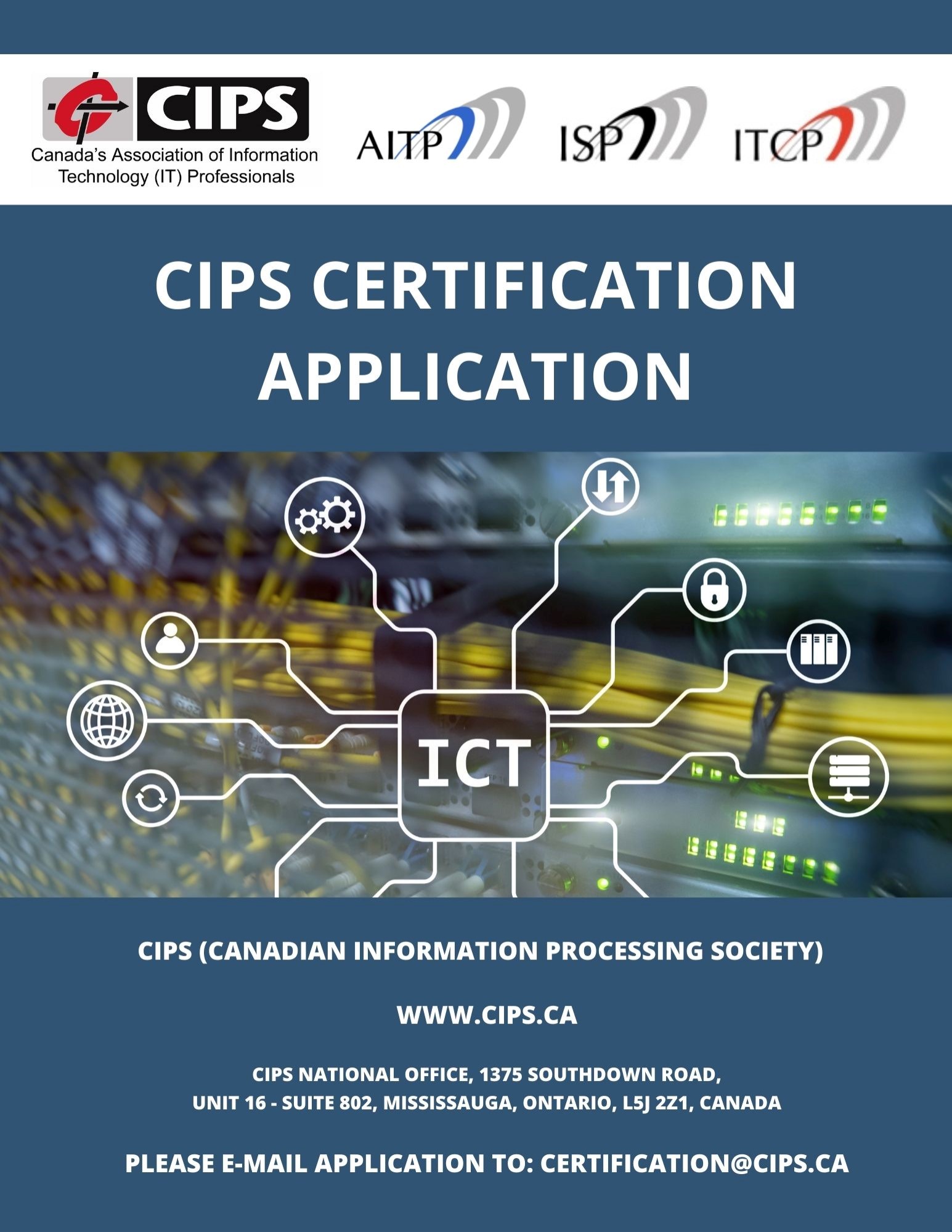CIPS Certification Application
The CIPS Certification Application is for all CIPS Designations (AITP, I.S.P., and ITCP) and applicants will be provided with the designation(s) that meet their IT knowledge and experience level.
This certification application utilizes the CIPS IT Skills Assessment tool for the Experience section which identifies your current IT skills, skills gaps, and the skills required to progress in your career. IT skills are assessed using SFIA (Skills Framework for the Information Age), which is a technical competency and skills framework that provides a method of mapping an individual’s professional skills to a set of internationally relevant standard definitions.
Current certification review time= approx. 2-4 months
CIPS Webcast: How to Apply for CIPS IT Certification:
Applicants are provided with the Designation(s) below based on their IT knowledge and experience:
Information Systems Professional (I.S.P.)
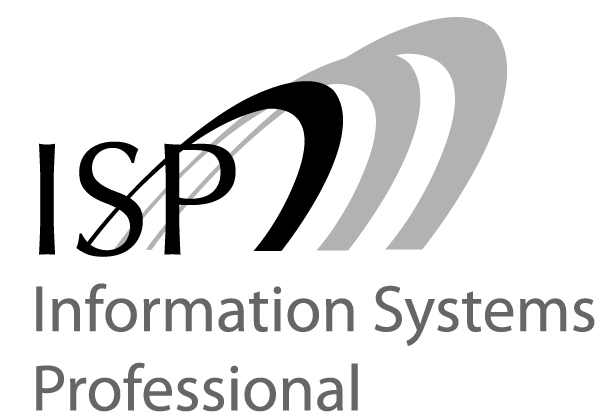
Canada’s only legally recognized designation for IT professionals, I.S.P. (Information Systems Professional) status provides clients and employers with trusted assurance of an IT professional’s knowledge and technical background. I.S.P. standing has been granted in Canada since 1989, and is legislated as a self-regulating designation in six provinces (British Columbia, Alberta, Saskatchewan, Ontario, New Brunswick and Nova Scotia).
It’s about Professionalism – Achieving the I.S.P. designation sets you apart from other IT practitioners. You are making a commitment to IT professionalism by ensuring you are continuously updating your skills and gaining relevant experience. Your I.S.P. designation confirms your status as an IT practitioner of the highest integrity for potential employers, customers, and clients.
I.S.P. Designation holders can use the post-nominal “I.S.P.” after their name (i.e. John Smith, I.S.P.) and can easily share their I.S.P. achievement with prospective employers and clients with CIPS’ online Certificates, allowing members to easily share their online Certificates, download them as a PDF, and post them to their LinkedIn profile.
Information Technology Certified Professional (ITCP)
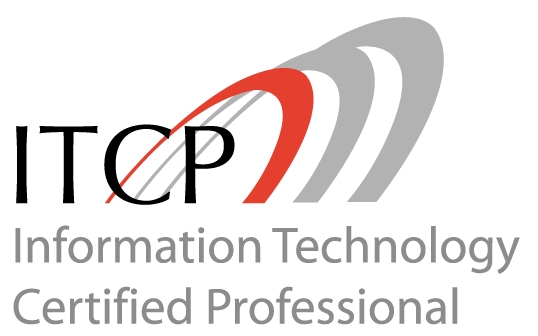
Introduced in 2008 the ITCP (Information Technology Certified Professional) designation recognizes senior IT professionals and academics who have demonstrated an ability to apply their business and organizational experience in addition to their IT knowledge.
The ITCP certification was reviewed by the International Federation for Information Processing: International Professional Practice Partnership (IP3), and was accredited at meeting the required IP3P standard.
ITCP Designation holders can use the post-nominal “ITCP” after their name (i.e. John Smith, ITCP) and can easily share their ITCP achievement with prospective employers and clients with CIPS’ online Certificates, allowing members to easily share their online Certificates, download them as a PDF, and post them to their LinkedIn profile.

Associate Information Technology Professional (AITP) / Candidate Membership
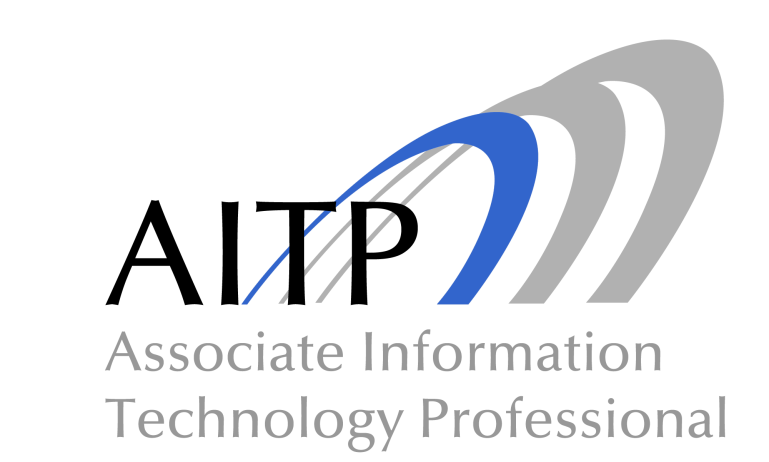
The pre-professional AITP (Associate Information Technology Professional) designation and Candidate Membership is for applicants who have recently completed a relevant IT University or College education program, but don’t yet have the required IT experience for the professional I.S.P. or ITCP designations.
Along with completing a relevant IT related program AITP holders abide by the CIPS Code of Ethics and are committed to ongoing professional development. As AITP holders progress in their career and obtain IT professional work experience and knowledge they move along CIPS’ Certification Career Path and move towards the goal of obtaining CIPS’ I.S.P. (Information Systems Professional) and ITCP (Information Technology Certified Professional) Professional Certifications.
AITP Designation holders can use the post-nominal “AITP” after their name (i.e. John Smith, AITP) and can easily share their AITP achievement with prospective employers and clients with CIPS’ online Certificates, allowing members to easily share their online Certificates, download them as a PDF, and post them to their LinkedIn profile.
- Graduates of CIPS Accredited programs are eligible for the AITP Designation and One Year of Free CIPS Candidate Membership by Applying Here!
- Graduates from Non-Accredited programs please apply with the CIPS Certification Application
- To determine if your program was Accredited by CIPS please Click Here
Application Submission Requirements:
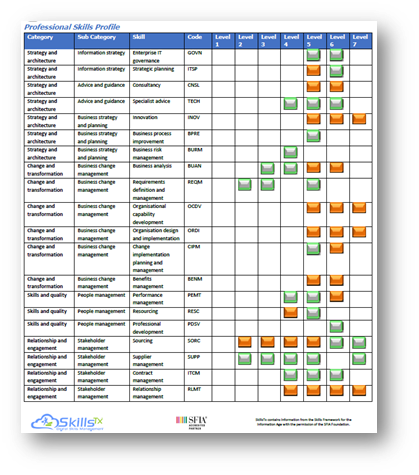
Please submit the following documents to certification@cips.ca
1 – CIPS Membership – Attach membership card
(Note: Certified Members pay Certified Member Fees at renewal)
2 – Certification Application Review Fee Payment – Attach payment receipt
3 – References for the last 2 years– For applicants with IT Work Experience – Attach letters
4 – 2 Sponsors – For applicants with No IT Work Experience – Attach letters
5 – Certification Application – Attach completed application. See below:
— 5.1 – IT EDUCATION – OFFICIAL TRANSCRIPTS / EDUCATION EQUIVALENCY ASSESSMENTS
- Attach filled out section “5.1 – Education Review”
- Official transcripts / education equivalency assessments must be sent directly from the institution/assessment center to CIPS (preferably electronically)
— 5.2 – EXPERIENCE
- Attach filled out section “5.2 – Experience Review”
- Attach Resume/CV
- Attach SFIA skills assessment
Plus:
- At least 1,000 hours of IT work experience in last 12 months – Requirement for I.S.P. and ITCP
Knowledge and Experience Requirements:
Education and Experience Routes (Includes Exam Routes)
An IT related UNIVERSITY OR COLLEGE DEGREE/DIPLOMA is required for this application route.
The following lists the required years of IT professional experience based on an applicant’s IT UNIVERSITY/COLLEGE EDUCATION. To determine if your program was accredited by CIPS please visit: CIPS.CA/ACCREDITED*.
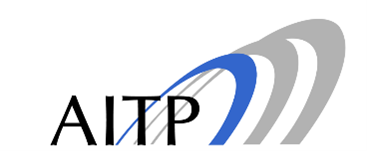 Education AITP holders only have the required Education below, but not the IT professional experience required for the I.S.P. or ITCP. I.S.P. & ITCP holders require the education below, along with the experience listed to the right. | 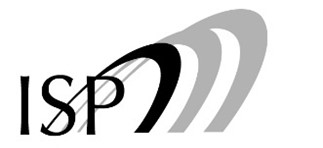 Experience I.S.P. Minimum Years of IT Professional Work Experience + Currently working at a minimum SFIA Level 3 | 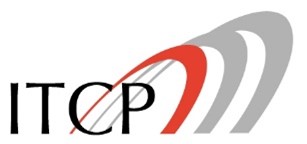 Experience ITCP Minimum Years of IT Professional Work Experience + Last 2 years working at a minimum of SFIA Level 5 |
| Accredited * 4-year University Degree (Computer Science, Software Engineering) | 2 | 1 |
| Accredited 4-year University Degree (Interdisciplinary Programs) | 7 | 6 |
| Accredited * 3-year University Degree (Computer Science, Software Engineering) | 3 | 2 |
| Non-accredited 4-year University Degree (Computer Science, Software Engineering, M.I.S.) | 4 | 3 |
| Non-accredited 3-year University Degree (Computer Science, Software Engineering, M.I.S.) | 5 | 5 |
| Accredited 3-year College/Technical Program | 4 | 3 |
| Accredited 2-year College/Technical Program | 5 | 4 |
| Non-accredited 3-year Public/Private College/Technical Program | 6 | 5 |
| Non-accredited 2-year College/Technical Program | 7 | 6 |
| Accredited one-year post-graduate I.T. program | 7 | 6 |
| Exam Route: ICCP Examinations Leading to CCP (or equivalent) | 5 | 4 |
| Exam Route: British Computer Society (BCS) Diploma Level Exams | 5 | 4 |
| Exam Route: British Computer Society (BCS) Professional Graduate Level Exams | 4 | 3 |
Experience Only Routes
For applicants with a NON-IT DEGREE/DIPLOMA OR NO DEGREE/DIPLOMAS.
Demonstration of an established career in IT, generally not less than 8 YEARS OF IT PROFESSIONAL EXPERIENCE.
I.S.P. Designation:
- 8 years of IT professional work experience, and currently working at minimum of SFIA level 3
ITCP Designation:
- 8 years of IT professional work experience, with last 2 years at a minimum of SFIA level 5
ITCP IP3P Mutual Acceptance Route

The ITCP has been accredited by the International Professional Practice Partnership (IP3) under the IP3P standard. The IP3 has endorsed the Principles of Mutual Acceptance (see https://www.ipthree.org/gain-ip3-accreditation/ip3-accreditation-program/it-professional-standards/) for IP3P accredited societies. The IP3P Mutual Acceptance establishes a framework for comparison of different professional certification programs that lead to a common understanding between different countries and will facilitate portability of professional membership.
CIPS will recognize professional certifications accredited under the IP3P standard. For a full list of IP3P accredited societies see: https://www.ipthree.org/about-ip3/members-and-partners/. The Mutual Acceptance provides the right to the association to refuse to admit an individual into its professional membership in keeping with its entry rules. It also provides the right to impose local top-up requirement if required.
Click Here for the ITCP Mutual Acceptance Application
Upgrading to the I.S.P. and/or ITCP
If you’re an AITP holder looking to obtain the I.S.P. or ITCP, or an I.S.P. holder looking to obtain the ITCP, please submit the main certification application above.
For the Certification Application Review Fee payment please select the “Upgrade Review Fee”
Applicants are not required to have their education assessed a second time.

SFIA Framework
SFIA, The Skills Framework for the Information Age, is the technical competency and skills framework underlying the assessment and standards. SFIA was created to provide a method of mapping an individual’s professional skill level to a set of internationally relevant standard definitions.
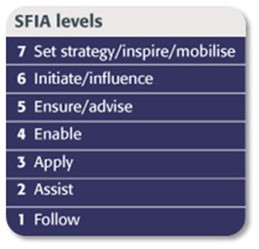
SFIA STRUCTURE:
The two parts of SFIA used for certification:
- Generic Levels of Responsibility
- Specific Skill Level Definitions
The generic levels define levels of responsibility and competence for IT professionals (from 1 TO 7).
The specific skills include definitions of specific ICT “SKILLS”, covering all aspects of the entire spectrum of ICT professional roles and defines each of these within the same 7 levels of responsibility.
The net result – a matric of skills on one axis, competencies on the other. An IT professional can then identify the skills that relate to their specialities and work out at which competency level they are operating at.
SFIA LEVELS OF RESPONSIBILITY:
SFIA defines 7 levels of responsibility, each defined within the context of AUTONOMY, INFLUENCE, COMPLEXITY, BUSINESS SKILLS, and KNOWLEDGE. These 7 levels describe the progression of a practitioner from “follow”, being someone in an entry-level position with no discretion and working under close supervision, through to “set strategy/inspire/, mobilise”, being someone with overall responsibility for all aspects of a significant area of work.
- SFIA Level 3 Requirements
- SFIA Level 4 Requirements
- SFIA Level 5 Requirements
- View all Individual SFIA Skills
Learn more at SFIA-ONLINE.ORG
Re-Certification
Once approved for one of CIPS’ Designations Re-Certification is required every 3 years:
- Recertification is required every 3 years
- At least 100 continuing professional development credits is required over three years
- Demonstration that one actively works in I.T. required – 3,000 hours over the last 3 years is the guideline
- Earn recertification credits through volunteerism via “Giving Back to the Profession”
- Provide written evidence of professional development credits in the form of a log record
- Undertake random audits where evidence of professional development credits must be provided
Failing to fulfill the recertification requirements will result in sanctions which may include, but not be limited to, a requirement to complete a certain number of re-certification credits within a set period of time or the revocation of the right to hold the professional certification.

